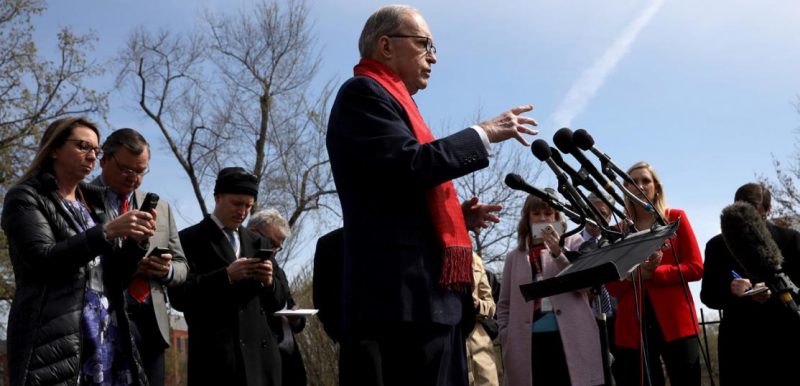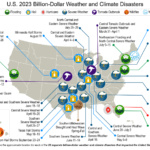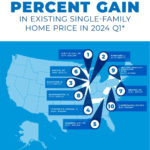The Federal Reserve called an emergency meeting Sunday to slash its benchmark rate to zero—its second response to the volatile economic reaction to the coronavirus outbreak. The Fed also said it would buy $700 billion in Treasury and mortgage bonds. After the Fed’s last emergency cut on March 3, mortgage rates plunged to all-time lows. Freddie Mac reported the 30-year fixed-rate mortgage averaged 3.29% for the week ending March 5. Could rates go even lower with the Fed’s latest emergency cut? Not necessarily, economists say.
The Fed’s benchmark rate is not directly tied to mortgage rates, although it often influences them. Mortgage rates are more directly tied to the 10-year Treasury note, which was pushed to a series of recent lows earlier this month but has climbed higher over the past week. Economists caution that mortgage rates don’t always respond in unison to the Fed’s rate adjustment. Further, lender backlogs are keeping rates from going lower. Because banks are handling more loan requests than they can handle, the financial institutions are charging some borrowers more. This trend will ease over time as the backlog is worked off and lenders staff up or figure out how to do more work remotely.
Matthew Graham, chief operating officer at Mortgage News Daily, says mortgage rates are not likely to go lower after the Fed’s meeting on Sunday. But watch for rates to possibly go lower at some point in the coming weeks due to the Fed’s mortgage bond-buying effort. Bankrate.com reports that the Fed’s action on Sunday is its largest emergency reduction in its more than 100-year history.
The Federal Open Market Committee lowered its federal fund's rate to a target range between 0%–0.25%. “The monetary policy change is the same one applied a decade ago during the Great Recession—the lowest rates combined with quantitative easing,” says Lawrence Yun, chief economist at the National Association of REALTORS®. “This is an all-out measure to prevent a recession and fight the fear that is blanketing the country. It is the right policy since the policy can easily be reversed should a vaccine be discovered or the virus goes away.” Yun adds that during the last recession, real estate was on “wobbly ground with loose lending and too much supply. Today, there is no subprime lending and too little supply. The real estate market will hold on much better.”
Fed officials on Sunday reassured Americans that the U.S. economy has the ability to remain resilient against the slowdown caused by the coronavirus. But some economists have warned that a recession could be on the horizon. “The coronavirus outbreak has harmed communities and disrupted economic activity in many countries, including the United States,” the FOMC said in a statement. “Global financial conditions have also been significantly affected. The Committee expects to maintain this target range until it is confident that the economy has weathered recent events and is on track to achieve its maximum employment and price stability goals.”
Source: “Fed Drops Rates to Zero in Emergency Rate Cut Due to Coronavirus Effects,” Bankrate.com (March 15, 2020) and “How the Fed’s Second Emergency Rate Cut Affects Mortgage Rates,” Bankrate.com (March 15, 2020)













